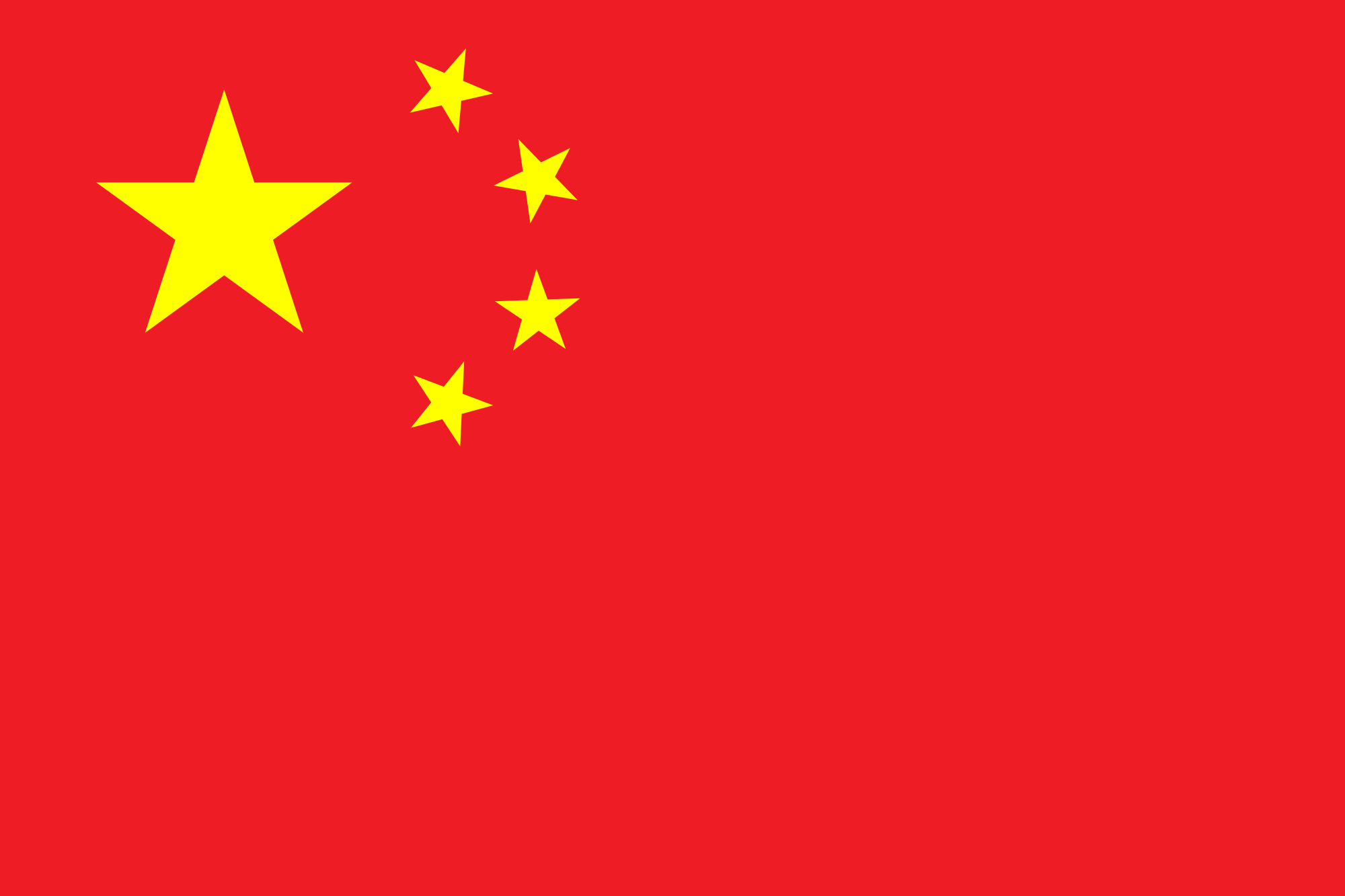Long-simmering tensions between The Heritage Foundation, its sister political arm and House Republicans erupted Tuesday during a weekly meeting of conservatives, as GOP lawmakers confronted the nonprofit group’s leader behind closed doors.
Several Republican lawmakers unleashed on Heritage Foundation President Jim DeMint — a former South Carolina senator — griping mostly about Heritage Action’s legislative scorecard. The Heritage Foundation and Heritage Action are related groups, but the latter advocates for policy and has a scorecard that judges lawmakers’ voting records on Capitol Hill.
heated exchange came just one day before conservative Republicans headed to the Salamander Resort and Spa in Virginia for a retreat hosted by The Heritage Foundation.
...Texas Rep. Mike Conaway, chairman of the House Agriculture Committee, pressed DeMint on the separation between the foundation and its political arm, Heritage Action. Conaway said he doesn’t believe there is a clear separation between the organizations, according to multiple sources who were in the meeting. Republicans applauded Conaway after he was done speaking.
Here is Slate's coverage of the confrontation. And, Public Slate says the think tank has fallen under control of the Tea Party.
